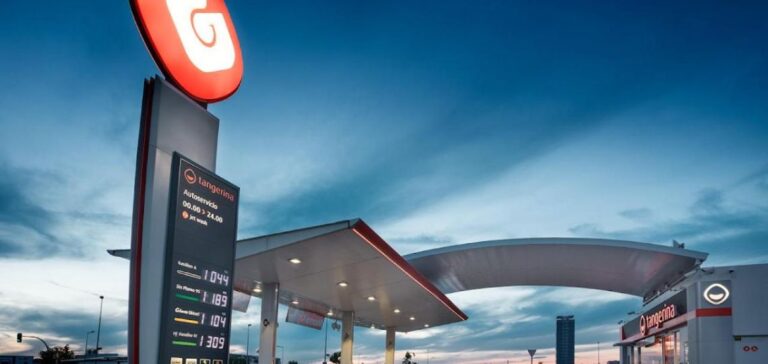Galp Energia SGPS SA (Galp) plans to increase its oil and gas production in Brazil by around 40% in the coming years, as the offshore Bacalhau field in the Santos Basin ramps up. The announcement was made by Nuno Bastos, executive board member and head of the company’s upstream operations, during an energy sector conference.
Currently, Galp produces approximately 110,000 barrels of oil equivalent per day (boepd) in Brazil through a joint venture with China Petrochemical Corporation (Sinopec), holding 70% and 30% stakes respectively. Together, they own 20% of the Bacalhau field, one of the major projects in the Brazilian offshore portfolio.
Technical capacity deployed
In February, a floating production, storage and offloading vessel (FPSO), with a processing capacity of up to 220,000 barrels per day, was deployed on site. This FPSO is a key element in the field’s expected production ramp-up. The project is operated by Equinor ASA, which holds a 40% stake. U.S. company ExxonMobil Corporation owns the remaining 40%.
Equinor estimates that Bacalhau contains more than 1 billion barrels of recoverable reserves in its first development phase. Production is expected to begin in the third quarter, according to the Norwegian firm.
Targeting optimised performance
According to Galp, reaching the production plateau will take several years. By comparison, another FPSO located in the same basin at the Tupi-Iracema field reached its maximum capacity of 150,000 boepd within 11 months. Bacalhau aims for a plateau of 220,000 boepd, which will require a longer timeframe.
“We are working to make the process as fast and efficient as possible,” said Nuno Bastos, without providing a specific timeline. The project represents a key step in Galp’s international growth strategy, focused on the development of its deepwater assets.






















